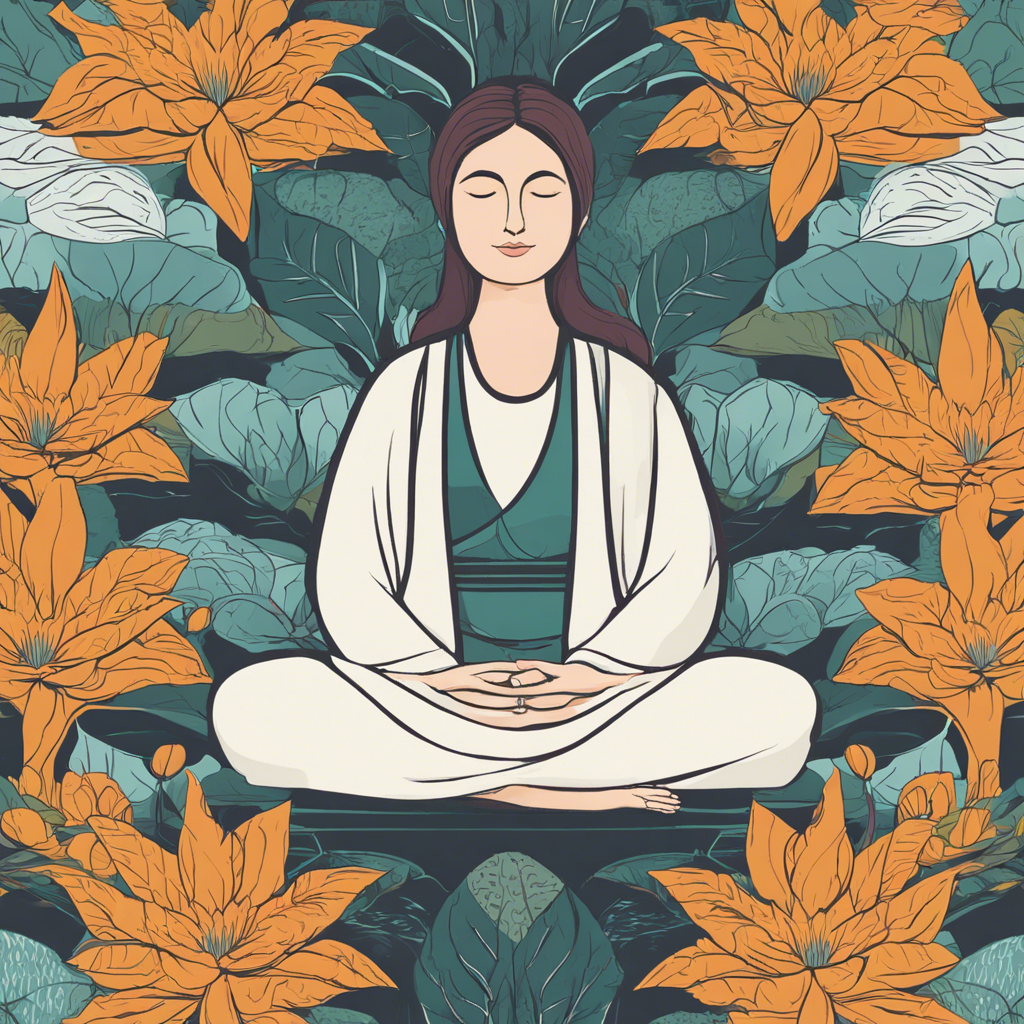The practice of mindfulness and meditation has become increasingly popular in recent years, and for good reason. Mindfulness practices can help reduce stress, improve focus and attention, and enhance overall well-being. For beginners, the world of mindfulness and meditation can seem daunting, but with the right tools and guidance, anyone can reap the benefits of these ancient practices.
So, what exactly is mindfulness? At its core, mindfulness is the act of paying attention to the present moment without judgment or attachment. It is a state of active, open, non-reactive attention to the here and now. This may seem simple, but in our fast-paced and often chaotic world, being present and mindful can be surprisingly challenging. Our minds are often pulled in multiple directions, caught up in worries about the future or regrets about the past.
Meditation is a powerful tool for cultivating mindfulness. It is the act of focusing your attention on a specific object, thought, or activity to achieve a mentally clear and emotionally calm state. There are many different types of meditation practices, but all share the common goal of quieting the mind and bringing it into the present moment.
Starting a meditation practice can be as simple as finding a comfortable position, closing your eyes, and focusing on your breath. Notice the air as it moves in and out of your body, the rise and fall of your chest, and the sensation of each inhale and exhale. If your mind wanders, as it inevitably will, gently guide your attention back to your breath. Start with a few minutes a day and gradually increase the duration as you feel comfortable.
Another important aspect of mindfulness is observing your thoughts and emotions without judgment. Our minds are constantly generating thoughts and feelings, and mindfulness helps us step back and view them with curiosity and compassion rather than getting caught up in them. This practice can help us develop a healthier relationship with our inner monologue and build emotional resilience.
Mindfulness and meditation can also be practiced throughout the day during everyday activities. For example, when eating, pay attention to the colors, textures, and flavors of your food, chewing slowly and savoring each bite. Or, during your daily walk or commute, notice the sights, sounds, and sensations around you, taking in the present moment with all your senses.
The benefits of mindfulness and meditation are vast and well-documented. Research has shown that these practices can reduce symptoms of anxiety and depression, improve sleep, boost immune function, and even positively impact physical health conditions such as high blood pressure and chronic pain. Additionally, mindfulness can enhance cognitive functions like memory and attention, improve relationships, and increase overall life satisfaction.
One of the most accessible ways to begin your mindfulness journey is through guided meditations, which can be found easily online or through apps. These are a great way to gain an introduction to various meditation techniques, with the benefit of expert guidance and without the pressure of having to structure your own practice. There are guided meditations tailored to every need and situation, from improving sleep to managing stress.
For those who are visually inclined, mindfulness through art is a creative way to be more present and aware. Mindful art can take many forms, such as coloring, drawing, painting, or sculpting. The idea is to focus on the process of creation rather than the final product, noticing the textures, colors, and shapes as they emerge.
Mindfulness and meditation for beginners is an exciting and rewarding journey to embark on. With consistency and patience, these practices can become a natural part of daily life, bringing a greater sense of calm, clarity, and balance. The benefits are far-reaching and can have a positive impact on all areas of your life, from improved relationships to increased resilience. So, take that first step, and before you know it, mindfulness will become your new normal.
Remember, it is never too late or too early to start your mindfulness journey, and you can always start small and work your way up. The most important thing is to find what works for you and be kind to yourself along the way. There is no ‘right’ or ‘wrong’ way to practice – just allow yourself to be present and aware, and the benefits will follow.

